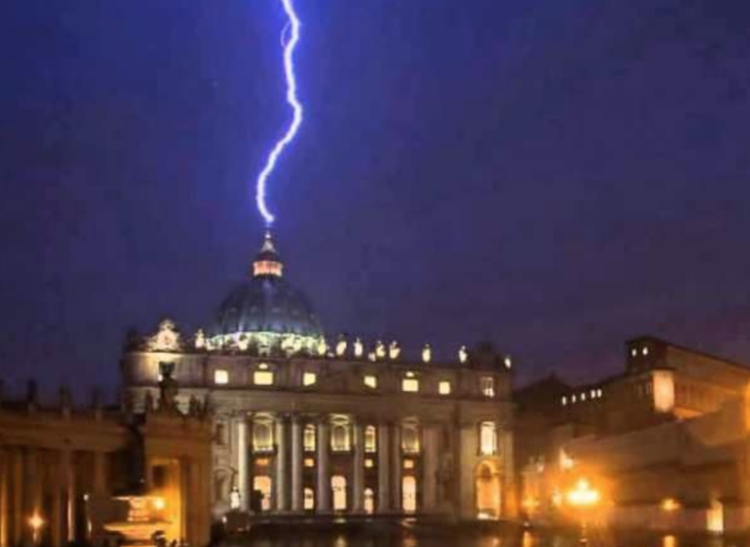The same-sex blessings near Cologne Cathedral were a public salute to scores of private ceremonies among European Catholics in recent years.
The crowd waved rainbow flags and, according to media reports, sang "All You Need Is Love" by the Beatles. The mid-September rites included Catholic priests reciting blessings for same-sex and heterosexual couples and, though held outside of Cardinal Rainer Maria Woelki's cathedral, represented a bold ecclesiastical affront to the city's conservative archbishop.
Are these rites "weddings"? That was a crucial issue raised by five cardinals in "dubia" (Latin for "doubts") questions sent to Pope Francis weeks before the Vatican's global "Synod on Synodality," which opened this week. The five cardinals requested "yes" or "no" answers.
Instead, the pope offered a detailed analysis in which he restated established Catholic doctrines, noting that "the reality that we call marriage has a unique essential constitution that demands an exclusive name." Thus, the church should avoid rites giving the "impression that something that is not marriage is recognized as marriage."
Nevertheless, Pope Francis – writing in July – urged "pastoral charity" in this issue. Thus, the "defense of objective truth is not the only expression of this charity, which is also made up of kindness, patience, understanding, tenderness, and encouragement. Therefore, we cannot become judges who only deny, reject, exclude.
"For this reason, pastoral prudence must adequately discern whether there are forms of blessing … that do not transmit a mistaken conception of marriage. For when a blessing is requested, one is expressing a request for help from God, a plea for a better life, a trust in a Father who can help us to live better."
This drew praise from Francis DeBernardo, leader of the New Ways Ministry for Catholics seeking changes in centuries of Christian doctrine on sexuality.
"The allowance for pastoral ministers to bless same-gender couples implies that the church does indeed recognize that holy love can exist between same-gender couples, and the love of these couples mirrors the love of God," he wrote.








